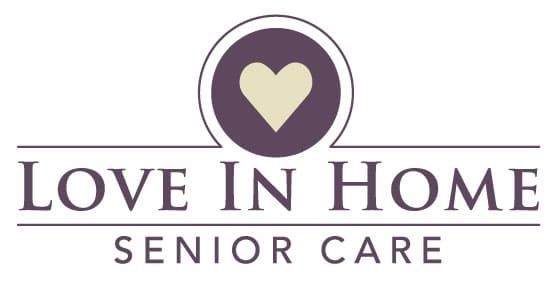FAQs About National COPD Month
National COPD Month is a time for people to learn more about chronic obstructive pulmonary disease (COPD), a disease that affects millions of Americans. It can affect people of all ages, but it is particularly problematic in elderly adults. Family caregivers have a unique opportunity to learn more about COPD in seniors during National COPD Month and access the resources they need to provide help.

Elder Care in Spokane WA: FAQs About National COPD Month
Here are some frequently asked questions that many people have about National COPD Month and how COPD affects elderly adults:
Q: What is COPD and what are the symptoms?
A: When the lungs are unable to allow normal airflow in and out of the body, it means that COPD is present. It can be triggered by several things, including asthma, emphysema, bronchitis, and smoking. The common symptoms are wheezing, coughing, tightness of the chest, coughing fits, fatigue, and shortness of breath whether exercising or not.
Q: Are there risk factors for seniors to develop COPD?
A: There are numerous risk factors that increase the likelihood of a senior to develop COPD. The most common is smoking cigarettes, pipes, or cigars. Other risk factors include exposure to secondhand smoke, air pollution exposure, breathing dust or chemicals as part of their occupation, and having a history of respiratory problems throughout life.
Q: Why is COPD so serious for seniors?
A: Many of the symptoms of COPD are especially difficult for seniors to manage. Because of other age-related conditions that can affect the body, elderly adults may struggle with the combination of their chronic health problems. COPD can also lead to long-term problems like heart disease. They often don’t have the stamina or strength to complete daily tasks, like cleaning or cooking. Now more than ever, aging adults with COPD need support from a family caregiver.
Q: How do doctors treat seniors with COPD?
A: With regular treatments, elderly adults with COPD can minimize their symptoms, assisted by family and friends. Doctors may recommend medication to help suppress coughing and refer them to a respiratory therapy program. There, the seniors will do breathing exercises, learn more about their condition, and learn tips on boosting wellness. While there is no cure for COPD, it’s possible for aging adults to manage their symptoms so well that they don’t interfere much with daily life.
Q: Can elder care providers help seniors with COPD in their homes?
A: Because COPD takes away a lot of strength and stamina from seniors, they often cannot live independently anymore. An elder care provider can help them with their daily needs, from cooking and cleaning to assisting with showering and dressing. In addition, elder care providers can remind seniors when to take their medicine, encourage them to exercise, and drive them around to different medical appointments.
If you or an aging loved one are considering elder care in Spokane, WA, please contact the friendly staff at Love at Home Senior Care, today. Call (509) 204-4088
- Are You in Good Hands? 5 Key Qualities That the Best Caregivers Should Have - December 3, 2019
- Emergency Preparedness: A Checklist for Older Adults and Seniors - November 29, 2019
- 6 Fun Fall Activities That Seniors and Caregivers Will Love - November 27, 2019
